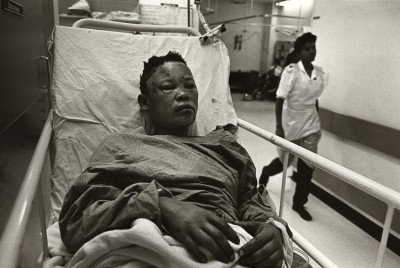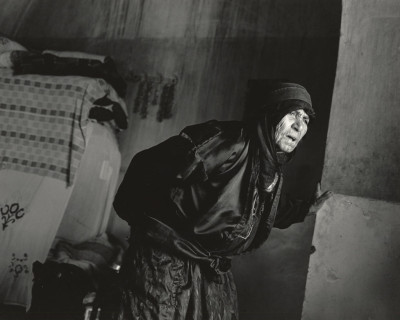
When The Waters Came
Shahidul Alam
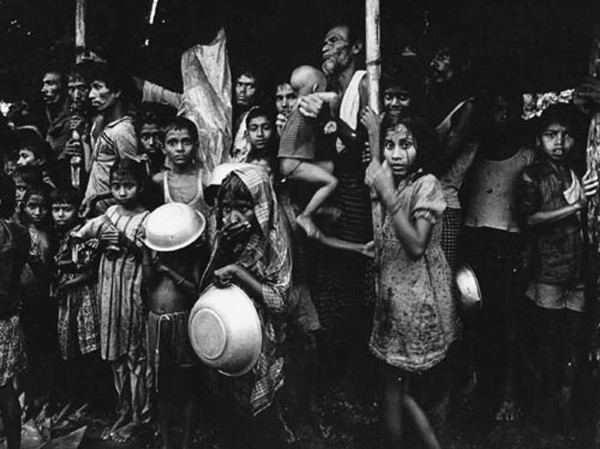
When The Waters Came
Shahidul Alam
- Photographic
- Communities
- International Documentary
- Place
- 1980 – 1989
- World
Photographed during the devastating floods of 1988, When The Waters Came documents both the scale of disaster and the resilience of those affected across Bangladesh. Commissioned by CONCERN, CARE USA and the Mennonite Central Committee, Shahidul Alam travelled through Mymensingh and Tangail districts to record both emergency relief efforts and the lives of those navigating the aftermath. The resulting photographs focus not only on hardship, but on the quiet dignity and solidarity of communities facing immense loss.
Alam’s images offer a counter-narrative to typical representations of humanitarian crisis. Children organising their own food distribution centre; neighbours supporting orphaned children otherwise excluded from aid; makeshift systems of survival and care – these moments are captured with empathy and clarity. In his own words, the work is “not so much of a flood as of an unfortunate but proud people with a stubborn will to survive.”
The project was first shown at Side Gallery in 1989 as part of the NOW exhibition series, which responded to urgent international issues. Alam has long been connected to the Side and to North East photography networks, including NEPN and the University of Sunderland, where he has been a visiting professor. A committed advocate for freedom of expression, Alam was imprisoned in Bangladesh in 2018 for speaking out against government corruption. When The Waters Came remains a powerful testament to the values that have shaped his life’s work.
Shahidul Alam is a Bangladeshi photographer, writer and activist whose work has consistently explored issues of social justice, human rights and the politics of representation. He trained as a chemist in the UK before turning to photography in the 1980s, founding the Drik Picture Library in Dhaka, as well as Pathshala South Asian Media Institute and the Chobi Mela international photography festival. Alam has been a central figure in shaping an independent and critical photographic culture across South Asia.
Working both as a documentarian and an organiser, Alam’s photography is rooted in a commitment to storytelling from within, challenging dominant narratives of the global South. His work often addresses political repression, inequality and climate injustice, while amplifying the voices of marginalised communities. A vocal advocate for press freedom, he was imprisoned in 2018 after publicly criticising the Bangladeshi government. Following widespread international protest, he was released later that year.
He continues to live and work in Dhaka, where he remains active as an educator, writer and speaker, contributing to global conversations around visual culture, rights and resistance.
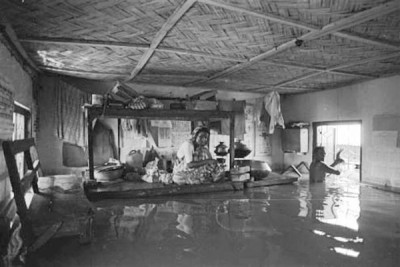
When the Waters Came, 1988
- Ref: 143-009-LBW
- Date: 1988
- Artist: Shahidul Alam
- Copyright: © Shahidul Alam
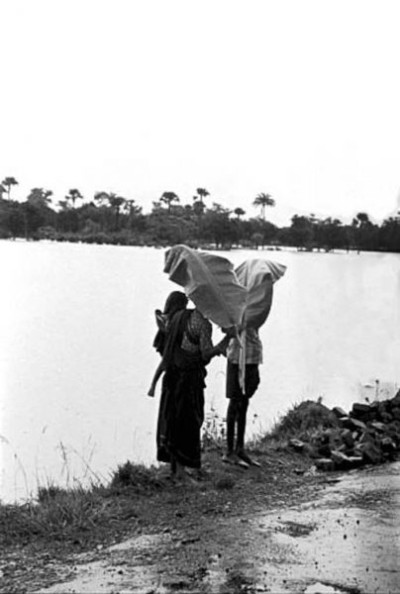
When the Waters Came, 1988
- Ref: 143-007-LBW
- Date: 1988
- Artist: Shahidul Alam
- Copyright: © Shahidul Alam
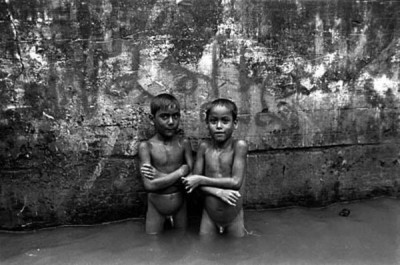
When the Waters Came, 1988
- Ref: 143-004-LBW
- Date: 1988
- Artist: Shahidul Alam
- Copyright: © Shahidul Alam
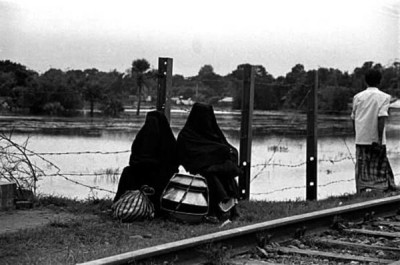
When the Waters Came, 1988
- Ref: 143-003-LBW
- Date: 1988
- Artist: Shahidul Alam
- Copyright: © Shahidul Alam
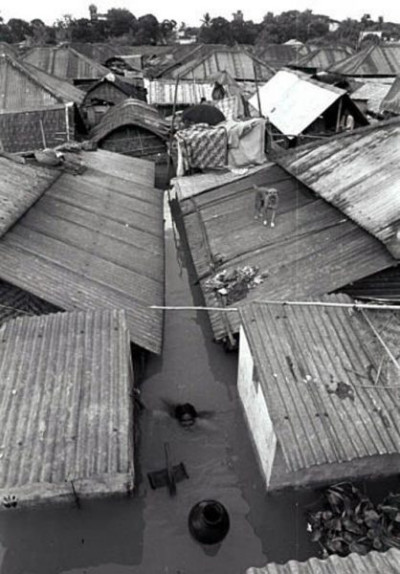
When the Waters Came, 1988
- Ref: 143-002-PBW
- Date: 1988
- Artist: Shahidul Alam
- Copyright: © Shahidul Alam
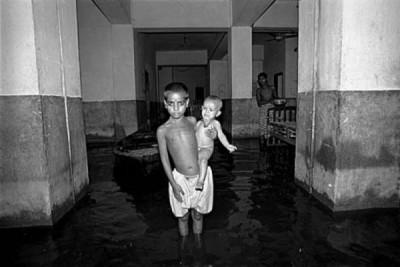
When the Waters Came, 1988
- Ref: 143-014-LBW
- Date: 1988
- Artist: Shahidul Alam
- Copyright: © Shahidul Alam
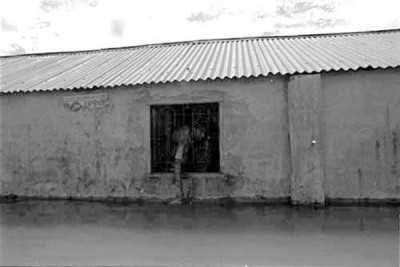
When the Waters Came, 1988
- Ref: 143-015-LBW
- Date: 1988
- Artist: Shahidul Alam
- Copyright: © Shahidul Alam
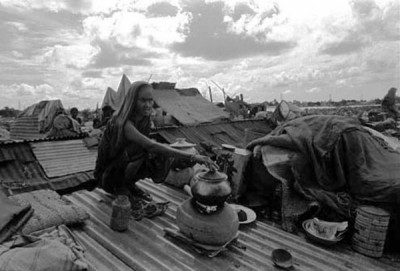
When the Waters Came, 1988
- Ref: 143-001-LBW
- Date: 1988
- Artist: Shahidul Alam
- Copyright: © Shahidul Alam
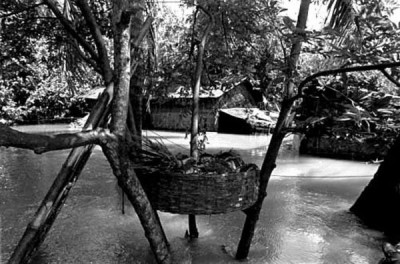
When the Waters Came, 1988
- Ref: 143-016-LBW
- Date: 1988
- Artist: Shahidul Alam
- Copyright: © Shahidul Alam
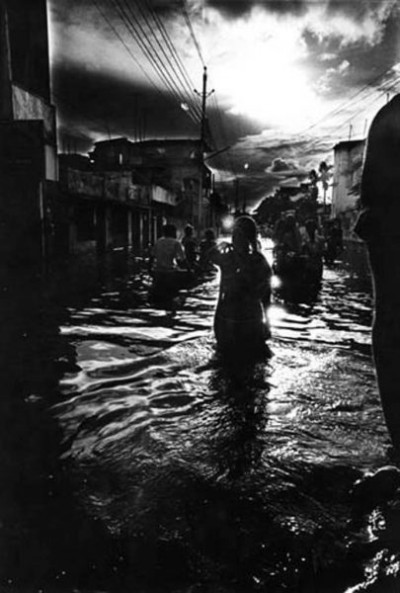
When the Waters Came, 1988
- Ref: 143-017-PBW
- Date: 1988
- Artist: Shahidul Alam
- Copyright: © Shahidul Alam
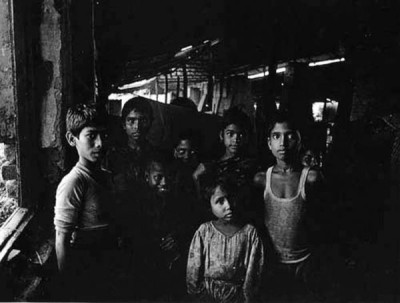
When the Waters Came, 1988
- Ref: 143-018-LBW
- Date: 1988
- Artist: Shahidul Alam
- Copyright: © Shahidul Alam
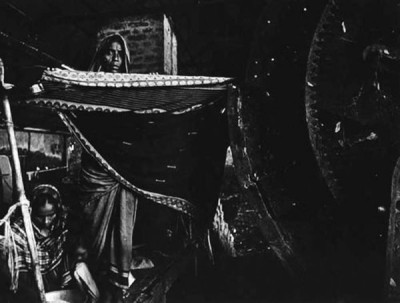
When the Waters Came, 1988
- Ref: 143-011-LBW
- Date: 1988
- Artist: Shahidul Alam
- Copyright: © Shahidul Alam
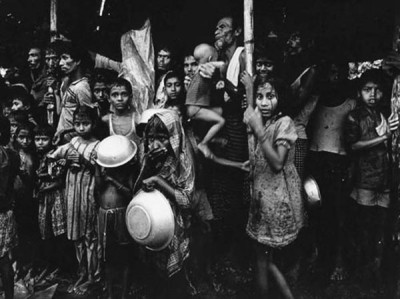
When the Waters Came, 1988
- Ref: 143-019-LBW
- Date: 1988
- Artist: Shahidul Alam
- Copyright: © Shahidul Alam
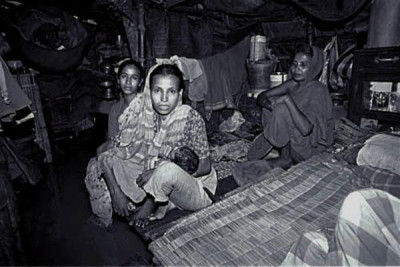
When the Waters Came, 1988
- Ref: 143-008-LBW
- Date: 1988
- Artist: Shahidul Alam
- Copyright: © Shahidul Alam
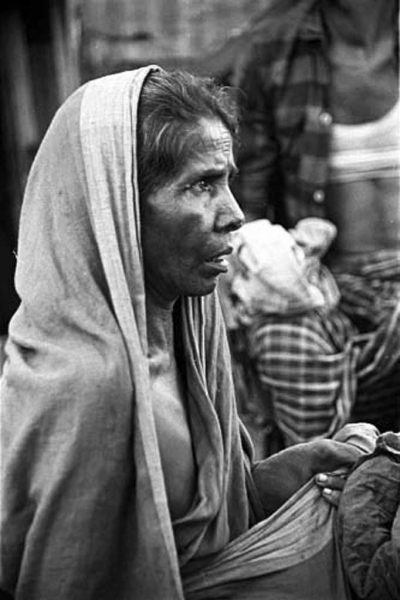
When the Waters Came, 1988
- Ref: 143-013-PBW
- Date: 1988
- Artist: Shahidul Alam
- Copyright: © Shahidul Alam
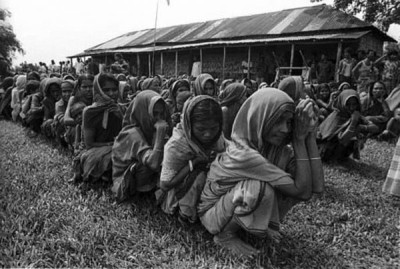
When the Waters Came, 1988
- Ref: 143-006-LBW
- Date: 1988
- Artist: Shahidul Alam
- Copyright: © Shahidul Alam
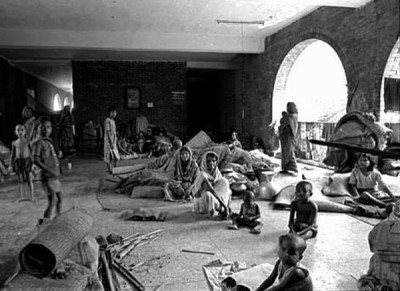
When the Waters Came, 1988
- Ref: 143-005-LBW
- Date: 1988
- Artist: Shahidul Alam
- Copyright: © Shahidul Alam
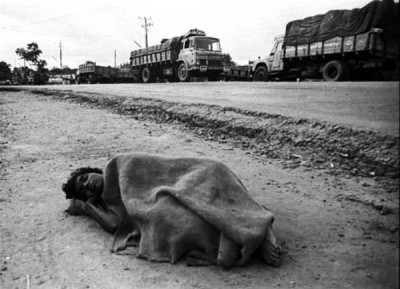
When the Waters Came, 1988
- Ref: 143-012-LBW
- Date: 1988
- Artist: Shahidul Alam
- Copyright: © Shahidul Alam
Related Works

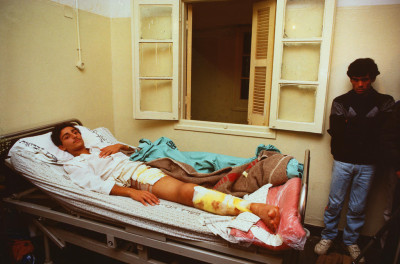
Gaza Strip
Chris Steele-Perkins
Photographic
